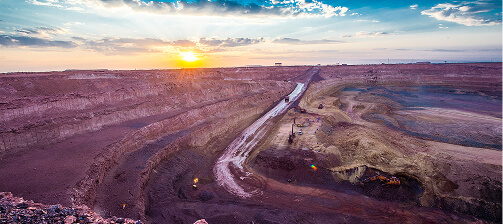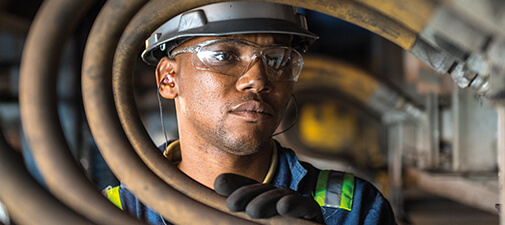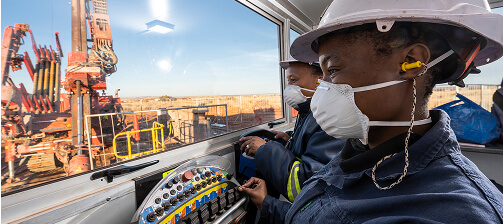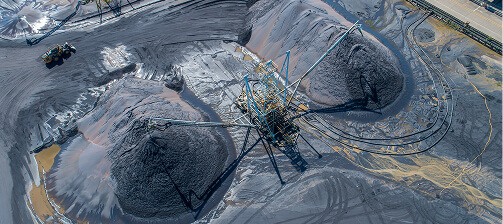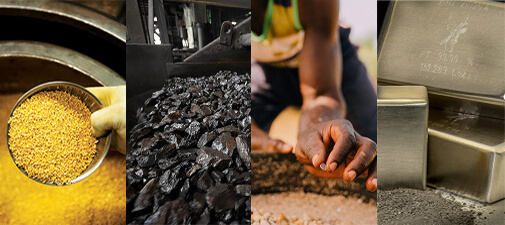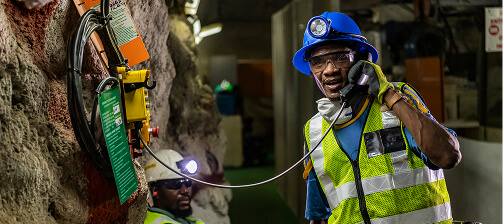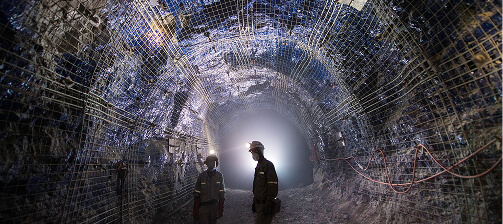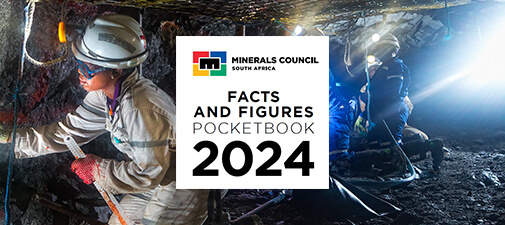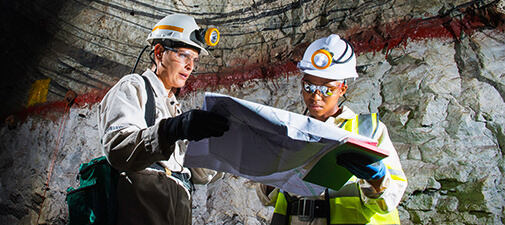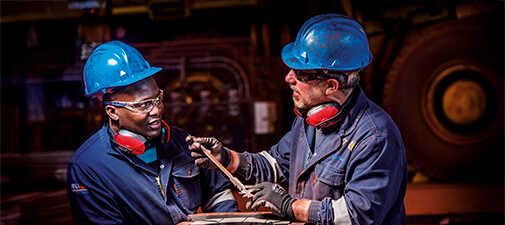On 27 November 1996, a mudslide occurred 1,000m underground at the Rovic Diamond Mine in the Free State, claiming the lives of 20 people. Another two people were badly injured and 54 rescued from danger. The bodies of 16 men were never recovered, having been buried under thousands of tonnes of mud.
The inquest and post-disaster trial lasted 16 months and only reached a conclusion in October 1998. The trial resulted in the owners and managers of Rovic, along with three senior managers, being prosecuted for culpable homicide. The inquest made recommendations that addressed not only the prevention of this type of disaster in the future, but also a set of benchmarks for the way companies should react in the event of such incidents. These recommendations highlighted the importance of the need for all documentation and records to be handed over to the relevant government department within 48 hours of an incident, to avoid tampering or withholding of evidence.
The court found that failure to monitor the extension of underground work in relation to water bodies in the vicinity, and lack of up-to-date mining plans were major contributors to the disaster. The aftermath of this tragedy resulted in amendments of regulations which govern administrative procedures, such as the appropriate distribution of up-to-date mine plans to the principal inspector of mines, along with regulations to eliminate evidence tampering.
Today, we take a targeted approach to address the major causes of fatalities across the various commodities through the holistic Khumbul’ekhaya health and safety strategy. A renewed focus is required, the heart of which is changing the safety ethos through the culture transformation framework. We encourage better and faster learning from incidents through various platforms with the aim of changing behaviour and transforming the safety culture.
The Minerals Council and its members are committed to a journey to zero harm and to ensuring that lessons learned from disasters, such as this one, are used to improve planning, systems and monitoring of safety every day.
![Logo MCSA [logo]](/templates/chamber/images/logo.svg)

